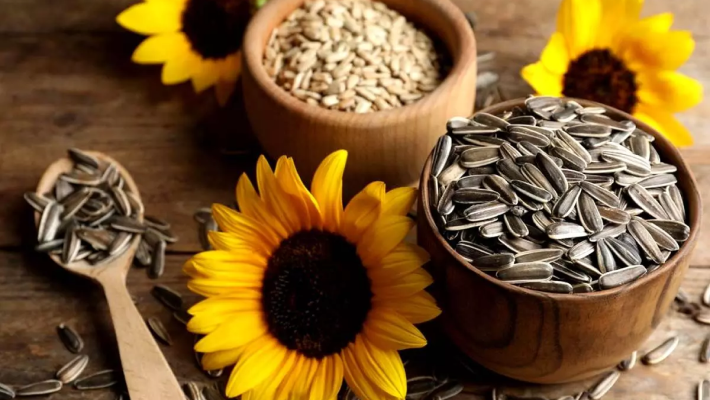Malope
- €4,95
Vibrant Biological Malope Seeds for Garden BordersDiscover the charm of biological Malope seeds with the striking Malope trifida Red Queen variety. These organic Malope seeds produce tall garden flowers reaching up to 90 cm, making...
- €4,95
Vibrant common mallow seeds for purple displaysBring classic cottage charm to your garden with common mallow seeds. Also known botanically as Malva sylvestris, this upright, herbaceous annual produces an abundance of soft purple to purple-blue...
- €4,95
Vibrant Lamsoor Seeds for Stunning Summer FlowersDiscover the charm of Lamsoor seeds from the Limonium sinuatum variety, known for its striking deep pink dried flowers that bring long-lasting color to any floral arrangement. These Lamsoor...
- €4,95
Elegant Large-Flowered Mallow Seeds for BordersDiscover the charm of mallow seeds with this collection of large-flowered Malope trifida, perfect for enhancing tall border plants. These annual flowering plants reach up to 90 cm in height,...
- €4,95
Vibrant Malope Red Queen Seeds for Outdoor GardensDiscover the charm of Malope Red Queen seeds, perfect for enhancing any garden with their striking appearance. The Malope trifida, commonly known as Trechtermalva, produces tall, sturdy flowering...
- €4,95
Vibrant Malope Seeds for Tall BordersDiscover the charm of Malope seeds, perfect for adding color and height to your garden. The Malope trifida variety features large-flowered annuals that bloom in a stunning mix of pink,...
- €4,95
Molucella Seeds for Stunning Cut Flower BouquetsDiscover the charm of Molucella seeds, perfect for gardeners seeking an eye-catching annual flowering plant. Known commonly as Bells of Ireland, these seeds grow into bushy plants featuring unique...
- €4,95
Elegant Musk Mallow Alba with White Musk Mallow FlowersThe Musk Mallow Alba (Malva moschata) is a stunning perennial flowering plant prized for its pure white musk mallow flowers. These bowl-shaped blooms, measuring approximately 5-6 cm...
- €4,95
Beautiful Pink Musk Mallow Seeds for Perennial GardensDiscover the charm of musk mallow seeds (Malva moschata) that bring delicate pink musk mallow flowers to your garden. This perennial flowering plant is prized for its large,...
- €4,95
Vibrant Silver Cup Mallow Seeds for Summer BloomsDiscover the charm of Silver Cup Mallow seeds, perfect for enhancing your garden with their striking pink funnel-shaped flowers. The Lavatera trimestris produces richly flowering annual mallow flowers...
- €4,95
Vibrant Trechtermalva Purple Queen Seeds for GardensTrechtermalva Purple Queen seeds offer gardeners a stunning addition with their striking purple flowering plants, featuring beautifully contrasting colored veins. This annual, Malope trifida, reaches a height of about...
- €4,95
Elegant White Tree Mallow Seeds for BordersDiscover the charm of tree mallow seeds with the Lavatera trimestris Mont Blanc variety, known for its stunning white tree mallow flowers. This annual garden plant reaches up to...
- €4,95
Elegant White Mallow Seeds for Cutting GardensDiscover the charm of white mallow seeds with Malope trifida 'Trechtermalva White Queen', known for its striking pure white flowers. These annual flowering plants produce long-lasting blooms that are...













































































